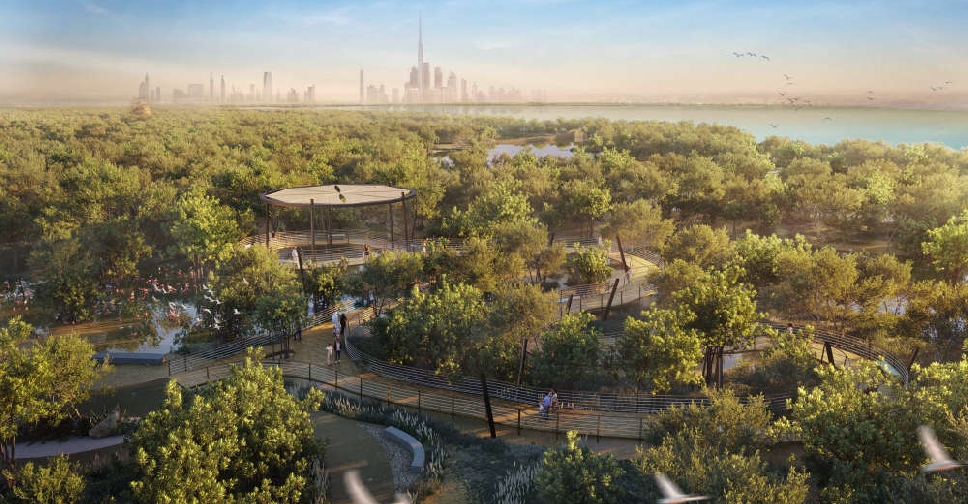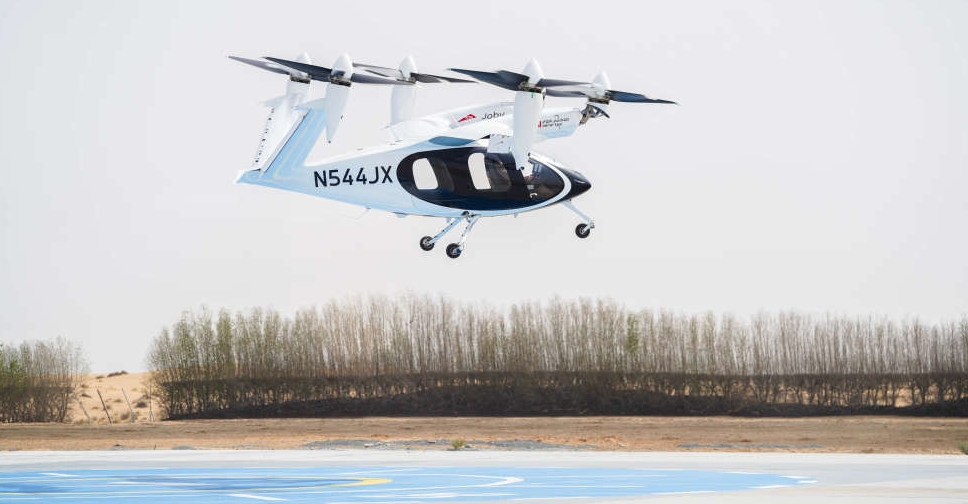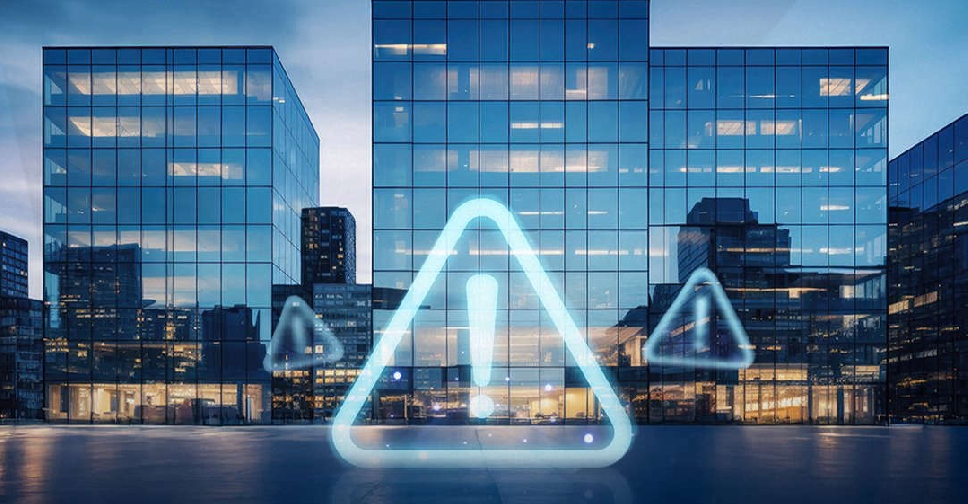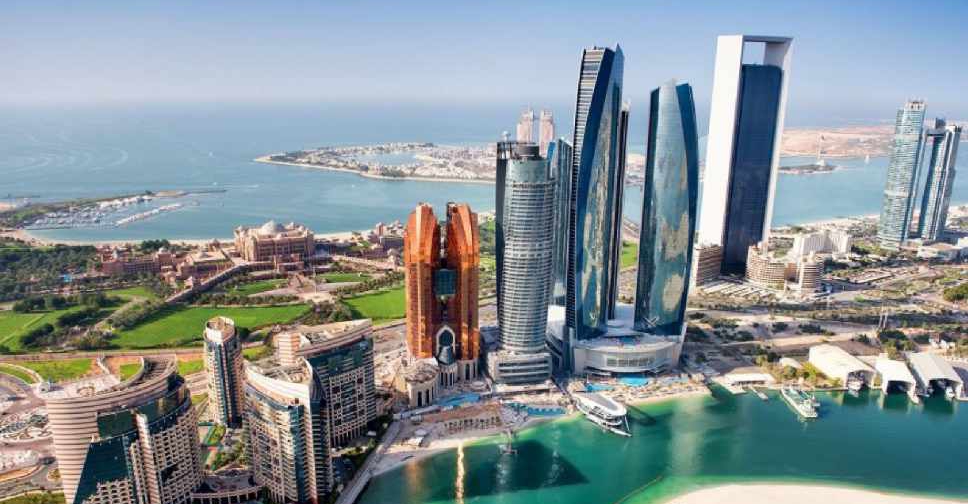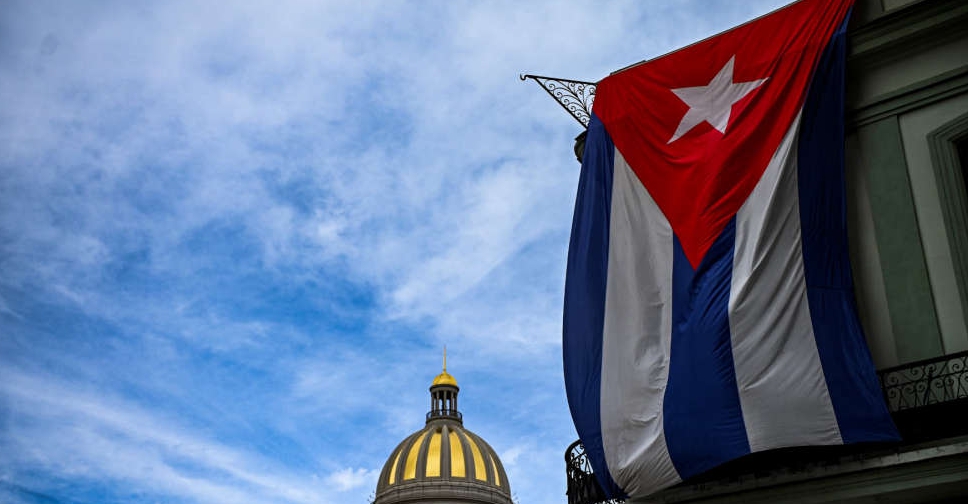
Cubans protested in the streets of Havana for a second night late on Friday over continued blackouts across several neighbourhoods.
In some of the largest single rallies in the city since widespread anti-government demonstrations last July.
At least one of the protests in the western neighbourhood of Playa swelled in size to several hundred people who chanted "turn on the lights," as well as anti-government slogans disparaging President Miguel Diaz-Canel.
At one point, the group began to chant for freedom, or "libertad," in Spanish, as protesters walked through a dark, densely populated neighbourhood that has been without electricity since Hurricane Ian slammed into the island on Tuesday.
Reports on social media also showed smaller protests elsewhere in Havana on Friday evening. Protests, which remained peaceful, appeared confined to those places where power had not yet been restored.
Ian knocked out power to the entire country of 11 million when it ploughed through western Cuba earlier this week. By mid-day Friday, officials said electricity had been restored to more than 60 per cent of customers in Havana, a city of more than 2 million, but those still in the dark had grown increasingly anxious.
"It´s like being in hell," said Carlos Felipe Garcia, who marched shirtless and covered in sweat. "That´s why we´re out on the street, and we´ll keep coming out."
Officials said on Friday they hoped to have the lights back on across most of Havana by the end of the weekend.
As the protest in Playa gained steam, it was met by several truckloads of security forces in black berets, who blockaded the main boulevard, preventing those marching from advancing, according to a Reuters witness.
Later an equally large group of hundreds of government supporters chanting "I am Fidel" - a reference to the late former leader Fidel Castro - followed behind the protesters on an adjacent street. The men, many wearing jeans and t-shirts, were armed with sticks, baseball bats and scrapwood.
No clashes or arrests were observed.
Street protests in communist-run Cuba are very rare. On July 11, 2021, anti-government rallies rocked the island, the largest such demonstrations since Castro's 1959 revolution.
INTERNET FAILS
Internet communications in Havana appeared to collapse again for the second night on Friday as protests flared, making mobile calls and messaging impossible until around 4 a.m. (12 p.m. UAE time) on Saturday.
Internet watchdogs said the previous day it was likely the communications blackout was intended to stifle protests. The Cuban government did not respond to a request for comment on the situation.
As the protesters marched in Playa, the electricity suddenly came back on in some housing and apartment blocks.
"When people protest, yes, they put on the lights," said Havana resident Andres Mora, pointing to a recently lit city block. "But our children´s food has already rotted, and they don't have anything to eat."
The prolonged blackouts in Cuba are particularly upsetting for many residents because obtaining basic goods - including food, fuel and medicine - often means hours waiting in line under the hot Caribbean sun.
Outside Havana, vast swaths of the island were still in the dark as work crews continued to repair electric poles and lines and remove trees from roadways.


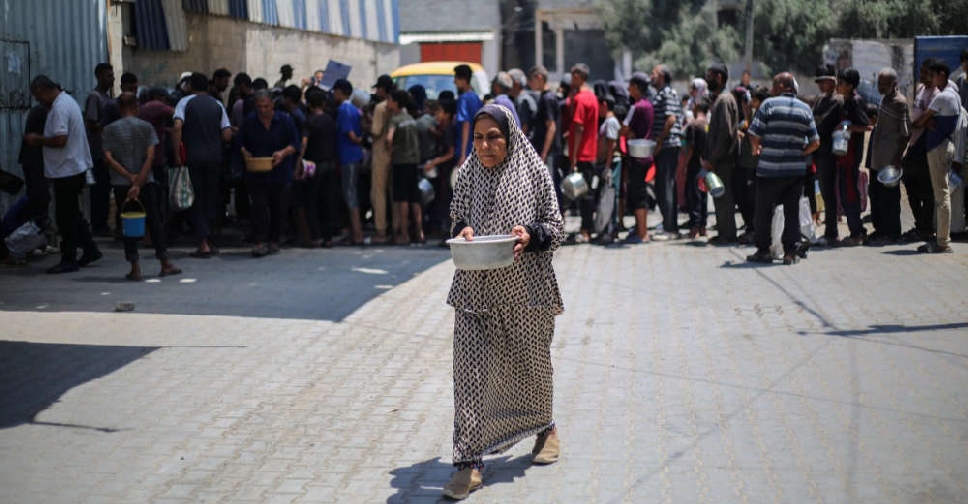 Israel acknowledges Palestinian civilians harmed at Gaza aid sites
Israel acknowledges Palestinian civilians harmed at Gaza aid sites
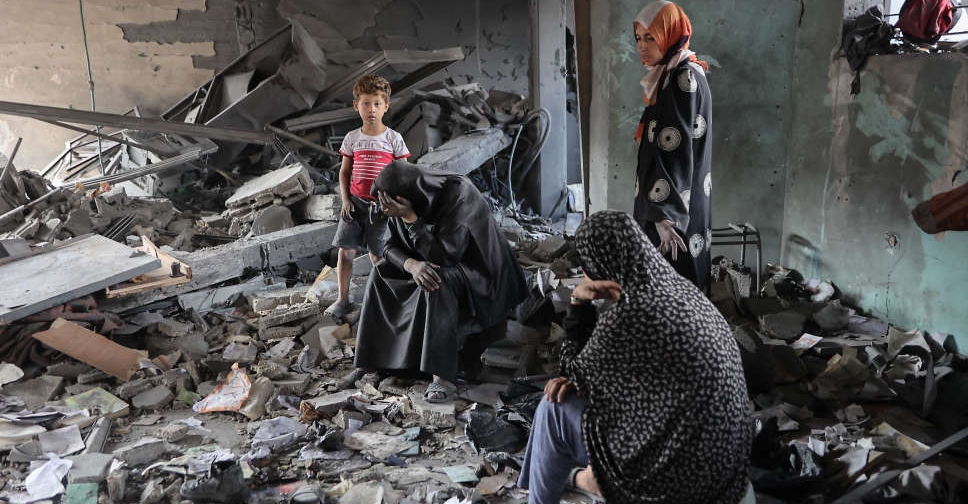 Israel steps up Gaza bombardment ahead of White House talks on ceasefire
Israel steps up Gaza bombardment ahead of White House talks on ceasefire
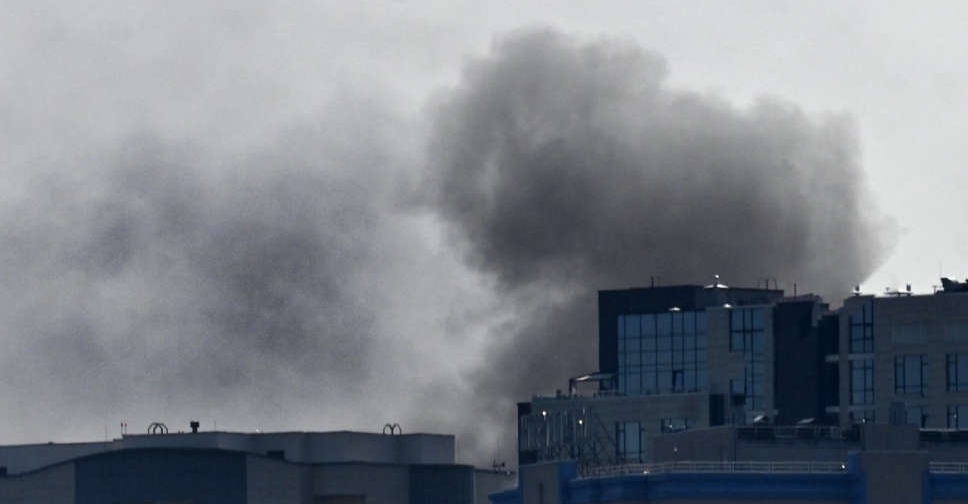 Ukraine pilot killed in large-scale Russian attack, Zelenskyy calls for US help
Ukraine pilot killed in large-scale Russian attack, Zelenskyy calls for US help
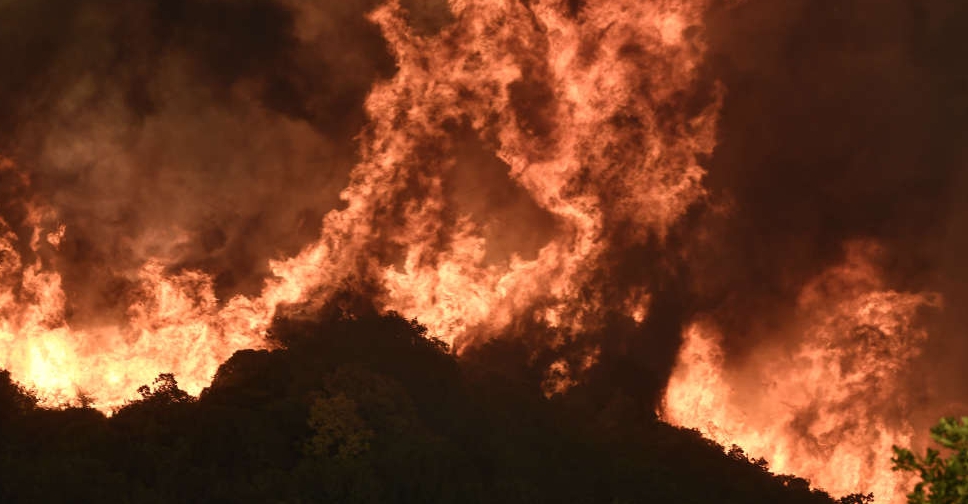 Firefighters in Turkey battle to contain wildfires for second day
Firefighters in Turkey battle to contain wildfires for second day
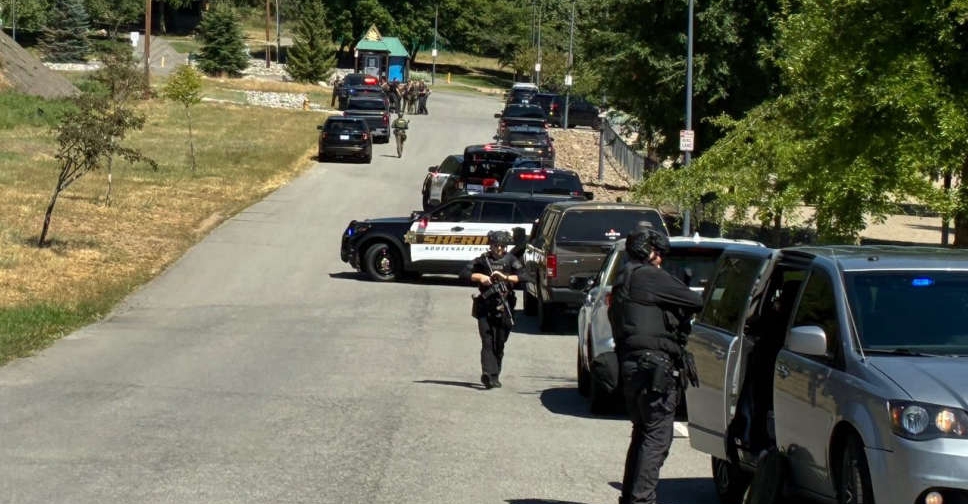 Two firefighters killed in Idaho shooting, shelter in place lifted
Two firefighters killed in Idaho shooting, shelter in place lifted
